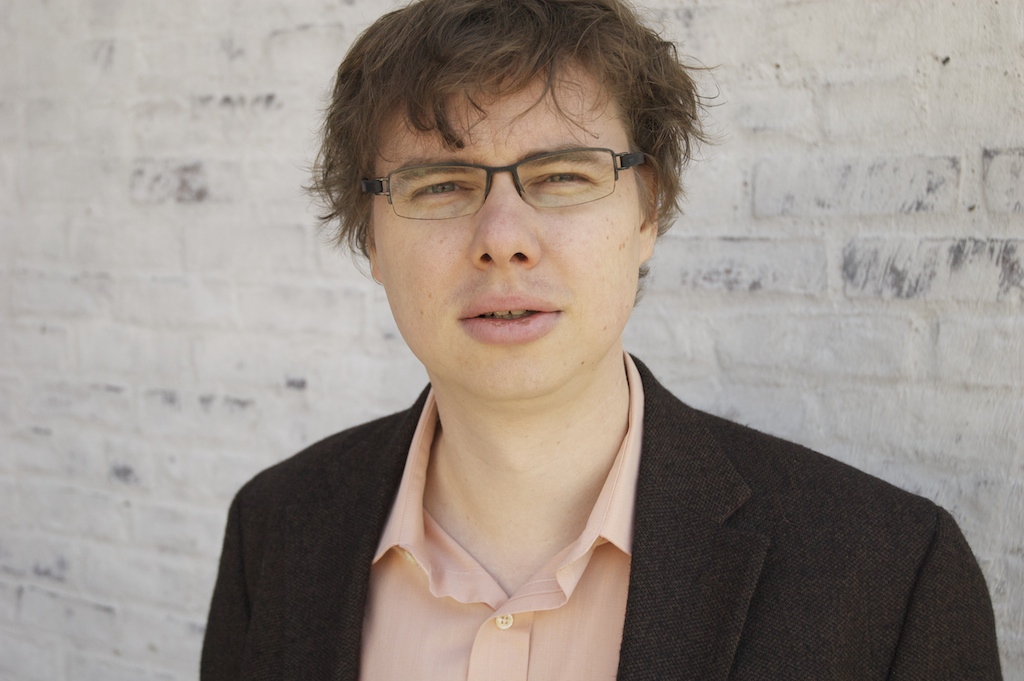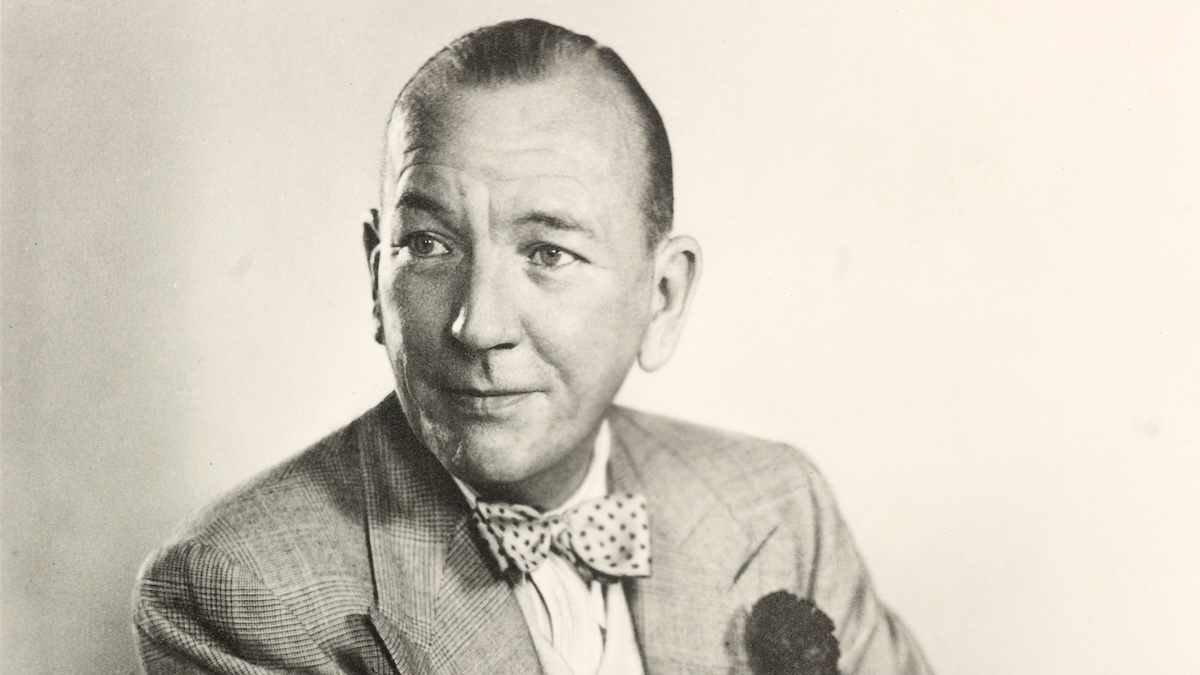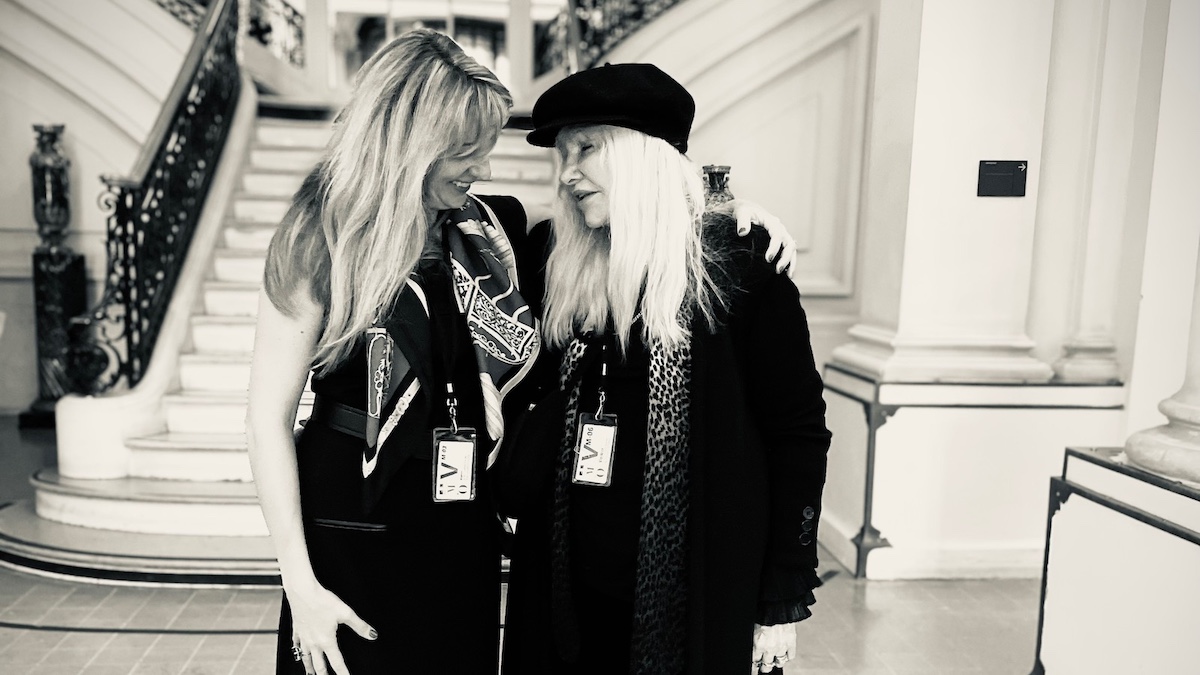
It really feels like now is an exciting time for fiction podcasts or radio plays or whatever you call it. What do you call it?
Mostly I call them whatever I hope won’t scare the audience off! My personal preference is “audio drama miniseries” but I’m never sure people in the US fully get what that is, so I’ve found “podcast miniseries” is more likely to make sense. What I want to get across is that the podcast dramas I’ve written are finite, single-season – not multi-season like The Black Tapes Podcast or Homecoming, for example – and that there’s a definite end-point.
Can you tell me about Steal The Stars? Also about The Message and about Lifeafter?
Steal The Stars is my newest podcast mini-series, and the first that I’ve co-produced, as part of my company Gideon Media (with Sean Williams) and in collaboration with Tor Labs, a new imprint from Tor/MacMillan. It’s about two former soldiers who now work on a privatized military base guarding the apparently dead body of an extraterrestrial. They fall madly in love and need money to run away and make a new life together, so they plan the ultimate heist: they’re going to steal an alien.
Steal The Stars will be a 14-part miniseries that will release new episodes every Wednesday from August 2nd to November 1st, 2017. Every episode will be roughly 20-30 minutes long, each one ending in a cliffhanger building toward a major conclusion in Episode 14. There’ll be elements of science fiction, heist thrillers, and classic noir, all built around an obsessive love story. I think folks will have a really good time listening to it.
My previous two podcast miniseries were The Message and Lifeafter, both written for Panoply Media as part of their “GE Podcast Theatre” collaboration with GE. The Message, which I wrote in 2015, is an 8-part story about a group of cryptographers racing against time to decode an alien transmission that makes people sick. The next year I returned to write Lifeafter for them. Lifeafter is a 10-part series about a grieving widower with a low-level position in the FBI who gets caught up in a frightening series of events surrounding an artificial intelligence that can simulate the voiced of deceased loved ones. You can subscribe to both of these – on the same subscription feed – for free on any podcast platform. They’ve been downloaded already 6 million times, so definitely a lot of folks have enjoyed them, which makes me very happy and and emboldened me to keep writing for the audio medium.
How do you go about producing these with Gideon? What’s your setup? How fast do you write them?
So far, every time I’ve written a podcast mini-series, they’ve been essentially greenlighted a matter of months before they needed to go live on podcast platforms. So I’ve always written them fast. In the case of Steal The Stars I wrote a 14-part miniseries in about 3 months. Hopefully down the road I’ll be able to structure these so that I have a bit more time to write them.
But what got me through with Steal The Stars is what a colossally enjoyable script it was to write. I haven’t found writing to be this purely recreational in a long time. Hopefully the fun and joy I had writing it will come through to the listeners.
In terms of set-up, we converted the basement level of Sean and Jordana Williams’ (my Gideon Productions co-founders) apartment into a recording studio. What was great about this was not only that it saved money, but it was already set up as a comfortable environment for the actors to record or wait to record. We spent about half of May and all of June doing the recording with actors, and ever since we’ve been in post-production.
How is writing for audio different from writing for the stage? How do you approach it?
I remember a liner note The Cure used to put in their CDs for a while: “This music has been mixed to play loud. So turn it up.” For me in my head when writing stage dialogue vs. audio dialogue what it feels like is I’m “mixing” the dialogue to resonate correctly for the appropriate medium. Theater dialogue should have a built-in excuse to be louder, more full-lung’ed, more diaphragm-y. And the action of every scene should be devised in such a way as to create interesting body shapes on the stage. You never forget you’re writing words and actions designed to configure whole bodies in interesting ways.
With audio you have to remember the level of almost astonishing intimacy that’s involved. There’s no sense of standing in front of an audience member and “presenting” a story to them – instead you’re murmuring it in their ear. And you’re looking for every opportunity to create an evocative spoken or aural image that the listener’s brain will complete for you. There’s a lot more of a sense of gently coaxing the listener into collaborating on the story with you.
Can you talk a little about your last job working in gum and candy? What was that like on a daily basis?
Haha! Well, there’s very little I can say about it without violating certain professional confidences, but I can say that for several years I wrote social media content for several very well-known gum and candy brands. I got that job off of being a dramatist, since my employer was looking for someone who could sharply differentiate between different voices – in this case different brand voices. One type of gum would have a very different personality on Twitter from another.
One thing I loved about that line of work was the instant feedback. These brands had a lot of followers on social media, so every piece of content I wrote would get lots of unfiltered response. Every day there would be a wealth of information about the people interested in that particular gum or candy, what they liked about it, and what their sense of humor was. I could sharpen my writing all the time, it was like being in a permanent workshop.
What podcasts do you listen to?
Oh, man, I could be here all day. Any list I make would be nothing more than a sampling, but here’s a bunch I’ve been listening to recently: Within The Wires, Alice Isn’t Dead, Terms, Archive 81, The Bright Sessions, The Black Tapes Podcast, Bronzeville, The Truth, The Unexplainable Disappearance of Mars Patel, Homecoming, 36 Questions, The No Sleep Podcast, Ars Paradoxica… it goes on and on. I’m totally hooked on fiction podcasts.
What are you up to next?
I’m not 100% sure! I’m in conversations with some companies about new audio and film projects, but nothing’s been contractually finalized. I hope to know more soon. I particularly hope Gideon Media will do more podcast miniseries in the near future – we definitely have our eye on some ideas. And hopefully by early next year I’ll have a chance to get back into playwriting.
Plugs please:
Everything you need to know about Steal The Stars – including how to subscribe in lots of different places – is here!

Noël Coward’s Travels

Kate Chopin in New Orleans: Mother-Daughter Author Duo Collaborate on Historical Book

